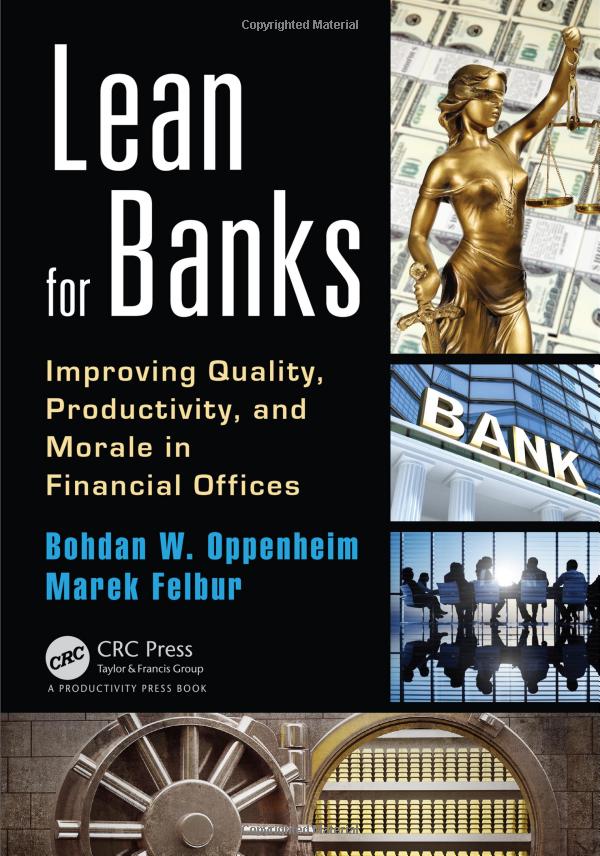Understanding Your Options: Does Bankruptcy Cover Student Loans?
#### Does Bankruptcy Cover Student LoansWhen individuals find themselves overwhelmed by debt, they often consider bankruptcy as a potential solution. Howeve……
#### Does Bankruptcy Cover Student Loans
When individuals find themselves overwhelmed by debt, they often consider bankruptcy as a potential solution. However, one of the most pressing questions that arise in such situations is, **does bankruptcy cover student loans?** This inquiry is particularly relevant for those who have incurred significant educational debt and are struggling to manage their financial obligations.
#### The Basics of Bankruptcy
Before diving into the specifics of student loans and bankruptcy, it’s essential to understand what bankruptcy is. Bankruptcy is a legal process that allows individuals or businesses to eliminate or repay their debts under the protection of the federal bankruptcy court. There are different types of bankruptcy, with Chapter 7 and Chapter 13 being the most common for individuals.
#### Student Loans and Bankruptcy
Now, addressing the core question: **does bankruptcy cover student loans?** The answer is not as straightforward as one might hope. Generally, student loans are considered non-dischargeable debts, meaning they cannot be eliminated through bankruptcy. This rule applies to most federal and private student loans, which makes it particularly challenging for borrowers who are struggling to make payments.
#### The "Undue Hardship" Standard

However, there is an exception to this rule. In certain circumstances, borrowers can seek to have their student loans discharged if they can demonstrate "undue hardship." This is a legal standard that requires borrowers to prove that repaying their student loans would impose an excessive burden on them. The criteria for establishing undue hardship can vary by jurisdiction, but it typically involves three main factors known as the Brunner Test:
1. **Poverty**: The borrower cannot maintain a minimal standard of living for themselves and their dependents if forced to repay the loans.
2. **Persistence**: The financial situation is likely to persist for a significant portion of the repayment period.
3. **Good Faith**: The borrower has made good faith efforts to repay the loans.
#### The Process of Discharging Student Loans

If you believe you meet the criteria for undue hardship, you will need to file a separate adversary proceeding in bankruptcy court. This process can be complex and may require legal assistance. It is also important to note that success rates for discharging student loans through bankruptcy are relatively low, as the burden of proof lies with the borrower.
#### Alternatives to Bankruptcy
Given the challenges associated with discharging student loans in bankruptcy, it’s crucial to explore alternative options for managing student debt. Some potential strategies include:
- **Income-Driven Repayment Plans**: These plans adjust your monthly payment based on your income and family size, potentially making payments more manageable.
- **Loan Forgiveness Programs**: Certain professions, such as public service, may qualify for loan forgiveness after a specified number of payments.

- **Refinancing**: If you have a good credit score, refinancing your student loans might lead to lower interest rates and more favorable repayment terms.
#### Conclusion
In summary, while the question **does bankruptcy cover student loans?** generally leans towards a negative answer, there are exceptions under the undue hardship standard. However, the process can be daunting and is not guaranteed to succeed. Therefore, it’s essential to consider all available options and seek professional advice when navigating student loan debt and bankruptcy. Understanding your rights and the implications of bankruptcy can help you make informed decisions about your financial future.